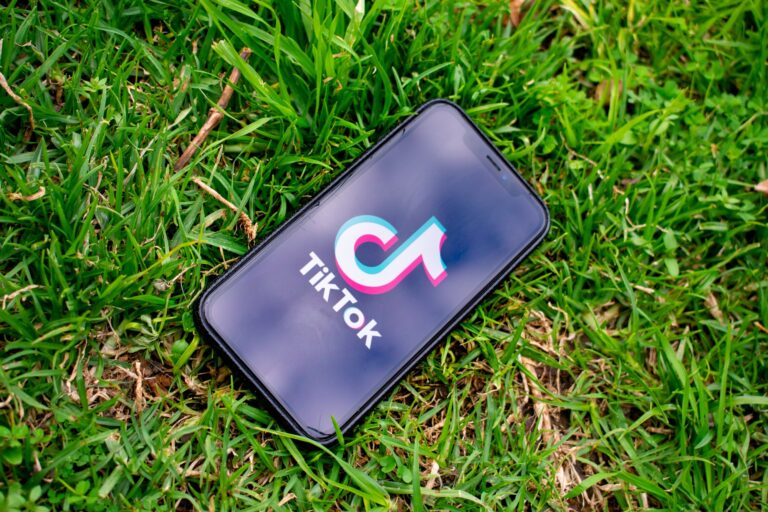Data privacy has become a paramount concern for businesses and consumers alike. The year 2023 marks a significant shift in the United States’ approach to data privacy, with new regulations coming into effect that may impact your business. This blog post explores these changes and what they mean for businesses operating in the U.S.
The Shift in Data Privacy Philosophy
Historically, U.S. data privacy laws have focused on preventing specific harms. And, therefore had a narrower scope. Most businesses were not affected by previous US privacy laws. However, recent changes signal a shift towards a rights-based approach, similar to the European Union’s General Data Protection Regulation (GDPR). This new framework gives individuals more control over their personal information, profoundly affecting how businesses handle data and which businesses are within scope.
Influence of GDPR
The GDPR’s influence is evident in the new U.S. privacy statutes. These laws represent a comprehensive approach to privacy protection, applicable to businesses across numerous sectors. The idea of a distinction between ‘data controllers’ and ‘data processors’ under GDPR is now a part of these new laws, affecting responsibilities and obligations of businesses handling personal data.
Key State Laws in 2023
Several states have introduced laws reflecting this new approach:
- California Privacy Rights Act (CPRA)
- Colorado Privacy Act (CPA)
- Connecticut Data Privacy Act (CDPA)
- Utah Consumer Privacy Act (UCPA)
- Virginia Consumer Data Privacy Act (VCDPA)
These laws introduce GDPR-like rights, data security requirements, and in some cases, risk assessments for high-risk data processing.
Impact on Businesses
These new regulations will have an impact on significantly more businesses than previous iterations of US privacy laws. And, the implications aren’t always obvious to business owners. Not being in a particular state doesn’t mean that the law doesn’t apply to your business. Compliance will require a careful analysis of each law’s scope, requirements, potential liabilities, penalties, and enforcement mechanisms. Businesses must stay informed and adapt to these evolving privacy standards to ensure compliance and protect consumer data. Reach out to OpsAssist for an assessment of how these laws affect your business.
The new privacy laws in the U.S. reflect a growing emphasis on data protection and user rights. As we navigate these changes, it’s crucial for businesses to understand and adapt to these new regulations. Staying informed and proactive in data privacy practices is not just a legal necessity but also a key to maintaining consumer trust in this digital era.




